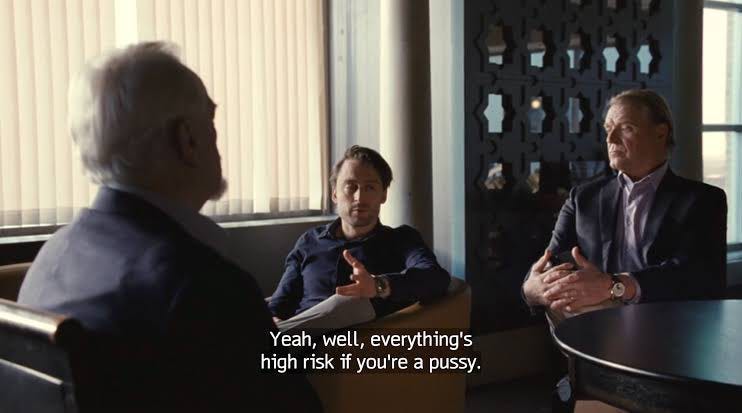The importance of being deranged
An author is a reflection of themselves, staring into the manuscript as if it were a mirror.
I’m participating in a literary salon with Paul Franz this coming Wednesday (next week); tickets are available here. We’re talking about Osamu Dazai’s ‘No Longer Human’ in a series about the great Japanese modernists.
I recently read a novel manuscript from another Asian-American writer that made me reconsider my own approach to writing fiction.
As I made my way through the book, which I expect will be published in approximately the next year, I found myself, at numerous points, laughing—wow, he really did go there. Goddamn, that’s impressive…
The book is, I believe, positioned to become a breakout success. It reads somewhat like Whatever, like an American Houellebecq reborn into the body of a contemporary Asian male. This is doubly impressive, because, if we are being honest, most contemporary Asian-American novelists are massive cowards (myself included, unironically). Irrespective of race, many have tried (and failed) to imitate Houellebecq, and this almost never works because it’s too easy to lose the humor evident in his writing and to over-anchor on the dourness and grimdark-modern-sexual-marketplace elements of his fiction.
With regard to my friend’s manuscript, the thing that renders it distinct from the European flavour of Houellebecq’s writing is the uniquely Asian-American voice of the character. The reason I make a comparison here is because there’s another element of Houellebecq’s writing that is almost never successfully imitated—the guy is absolutely fucking deranged.
Being French, this is something Houellebecq does seemingly effortlessly (I’m thinking, for example, of Serotonin’s many ludicrous scenes), but is actually very hard to imitate. Most writers can only fake it. The truth is that almost all of us writers are still holding on to fear; almost all of us are afraid to shout BANZAI!!! and just go full-retard, to borrow an extinct term from the millennial era.
When I say “deranged,” I mean something slightly different than the typical definition, of course, and not in a pejorative way. What I’m really talking about here, truly, is the absence of fear, but calling it “courageous” would invite the same slop-connotations we see in every blurb that claims the same—a novel that’s been traditionally published and is described as “courageous,” is, of course, almost invariably recapitulating the current-era mores of the tote-bag class.
Being deranged in this setting distills into a couple of components:
Telling extremely difficult, painful social or psychological truths about people in our current era; and with it, a kind of general fearlessness from repercussions that maps as crazy
Doing it with an explosive or balletic style—with a shit-eating grin on your face
A certain magical jouissance, the writer captures “it,” where “it” is some combination of voice and mainlining an undertapped current in the zeitgeist.
In my own life, I’ve struggled at times to write as honestly as possible. Sometimes it’s because it’s too painful, but usually it’s because of fear—fear that isn’t really even rational, when, in my case, the stakes are approaching zero.
Fear for an artist is such an insidious thing. You have to almost deliberately cultivate a counterphobic response if you want to go anywhere in dealing with it.
Valorizing artistic ‘craziness,’ of course, can come with pathological manifestations. Artists romanticize drug abuse, mental illness, blow up personal relationships for narrative material—I don’t believe any of that is truly necessary to produce great art, only an uninhibited stream of honne (‘true feeling,’ “as the Japanese say”).
A book is a reflection of the author.
An author is a reflection of themselves, staring into the manuscript as if it were a mirror.
When I look at the great Japanese novelists of the 20th century—Mishima, Dazai, even Dazai’s daughter, Yūko Tsushima—all of them had a certain deranged fearlessness, not of the mortal kind, per se (two of them died by their own hand), but in the artistic sense. There was something special about them that you can only grasp from the feeling you get when you read their novels.
What was it?
What was that special, beautiful, thing that seemed to disappear after they left?




I love you Arx, you are the only person that can write about writing that immediately compels me to slam closed to laptop (and get the non-internet laptop) and DO THE THING. Thank you man. Still telling everybody I know about Incel <3
Just forget about the audience